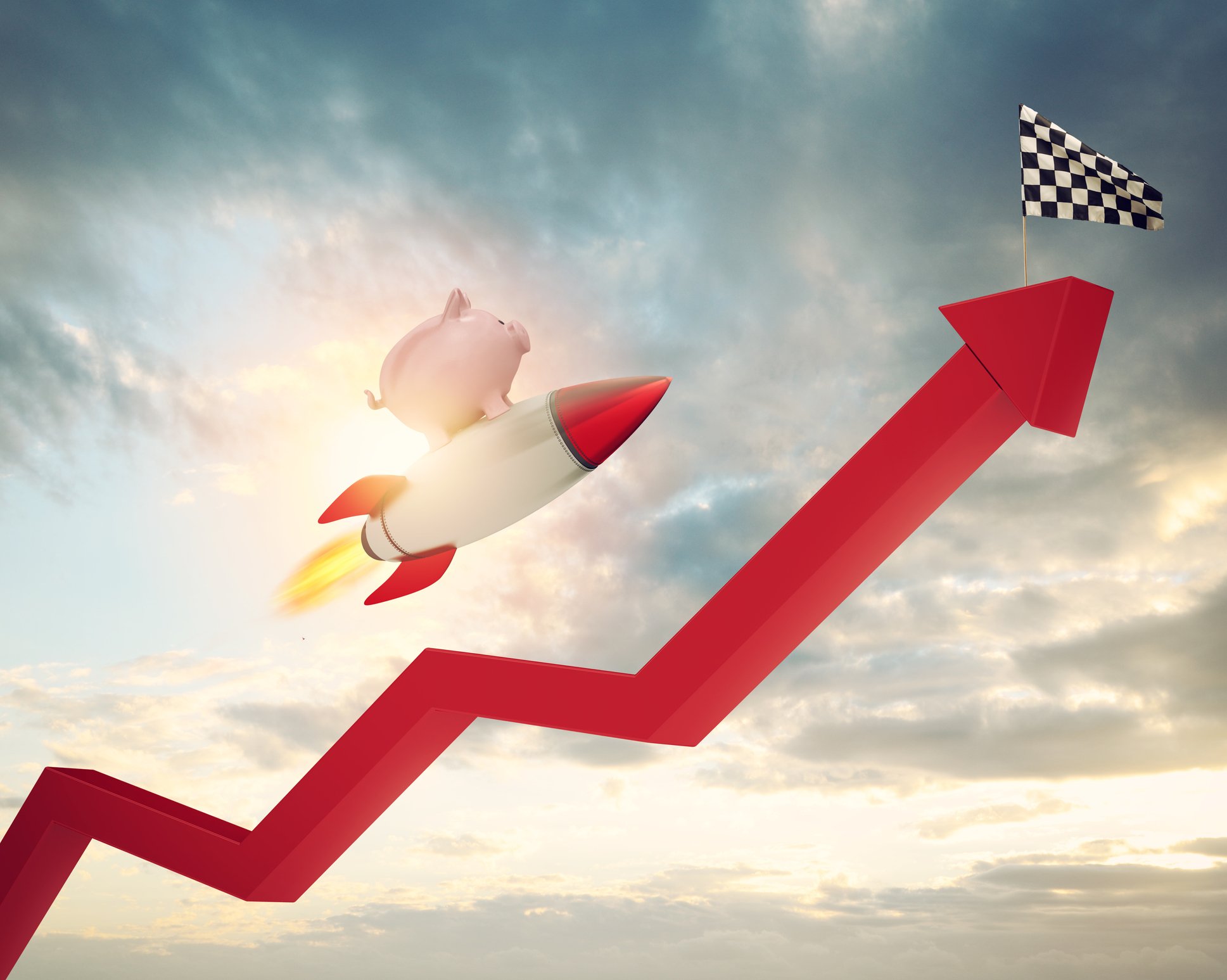Shares of space tourism company Virgin Galactic (SPCE 2.73%) -- the original space-related special purpose acquisition company -- crashed an astounding 18% on Wednesday -- then turned around and gained nearly 9% on Thursday. In my view, investors were right to sell Virgin Galactic stock after earnings.
And in my view, they were wrong to buy it back.

NYSE: SPCE
Key Data Points
Virgin Galactic by the numbers
Allow me to explain why I think I'm right about this one -- and why I think Virgin Galactic's buyers were wrong on Thursday. Begin with the "earnings" that Virgin Galactic reported.
There weren't any.
In fact, Virgin Galactic reported losing $151 million in its fourth quarter of 2022, and it lost $500 million for the full year. Sales for the quarter were less than $1 million, and sales for the year were only $2.3 million -- down 30% year over year.
Admittedly, it would have been hard for Virgin Galactic to bring in more sales than it did, given that the space tourism company isn't conducting any actual space tourism flights. Virgin Galactic had hoped to start such commercial operations way back in 2020. But a combination of COVID-19 restrictions and technical problems have continually pushed back the start date for these operations.
Ready to fly?
The good news is that Virgin Galactic finally thinks it has the kinks worked out and that it will be ready to start carrying tourists to the edge of space in the second quarter of 2023, which is to say, next quarter. The bad news is that, even assuming the company hits this new deadline, the prices it is charging don't appear likely to generate the kind of revenue that Virgin Galactic will need to earn a profit.
Consider: At last report, Virgin Galactic had sold 600 space tickets at prices ranging from $200,000 to $250,000 per seat. With the company's spaceplanes rated to carry six tourists, plus crew, per flight, that means that Virgin Galactic's first 100 flights can be expected to generate no more than $1.5 million per flight, or $150 million in total revenue for the company.
Space math
At this point you may be wondering: If Virgin Galactic's expenses are costing it $500 million a year, then how much profit can the company generate if its first 100 flights will generate only $150 million?
And that's a great question.
The answer, of course, is that Virgin Galactic simply cannot earn a profit at those prices, especially when you consider that each flight will cost the company an additional $250,000 to $275,000 in expenses to replace the spaceplane engine. Engine replacement costs, it seems, will add at least $25 million in costs per 100 flights for the company, pushing Virgin Galactic stock even farther away from profitability once it starts conducting flights, and replacing engines after each flight.
Granted, Virgin Galactic has also sold about 100 out of a planned run of 1,000 tickets for later flights at a new and improved ticket cost of $450,000 per seat (again, with six seats per plane). Even once those flights begin flying, however, they'll only bring in $2.7 million per flight. Times about 17 full flights now sold out, that's only another $46 million or so for Virgin Galactic -- again, not nearly enough to put this company in the black.
The upshot for investors
Suffice it to say that the math for this company simply doesn't work at this point.
At the prices Virgin Galactic is presently charging, the company cannot generate enough revenue to offset its losses. And if Virgin Galactic tries to raise prices -- well, you've already seen how roughly doubling the ticket cost from $250,000 to $450,000 caused a steep drop-off in demand for space tourism tickets. If Virgin Galactic tries to charge the kinds of prices it will need to charge in order to have even a chance of turning a profit, it's going to risk driving its customers away.
Long story short, after crunching the numbers and examining the company's prospects, most analysts polled by S&P Global Market Intelligence think it will be 2028 at the earliest before this company earns a profit. Personally, I think that estimate is optimistic, and that Virgin Galactic will never be profitable.
And this, in a nutshell, is why I wouldn't touch Virgin Galactic stock with a 10-foot pole.





